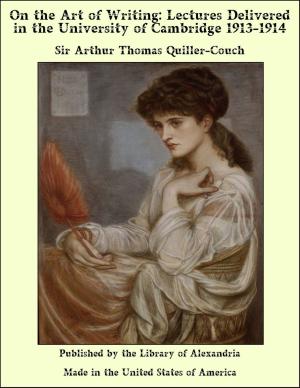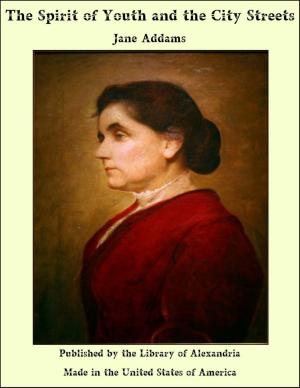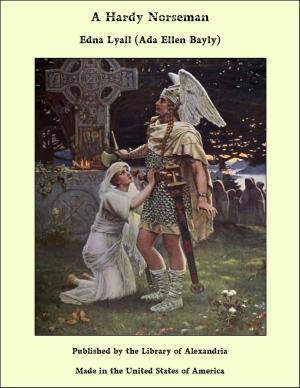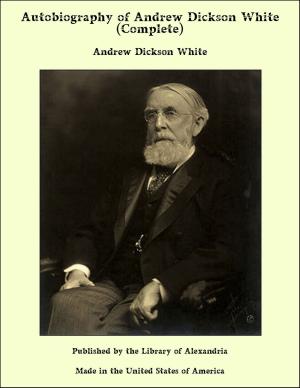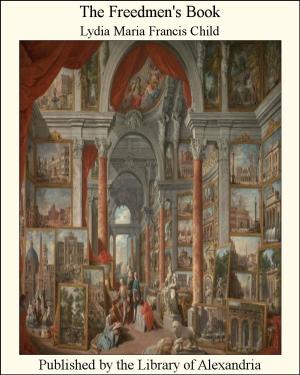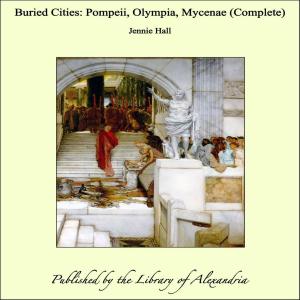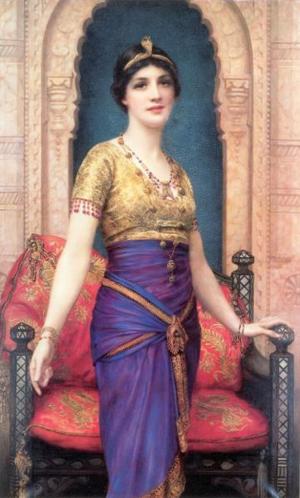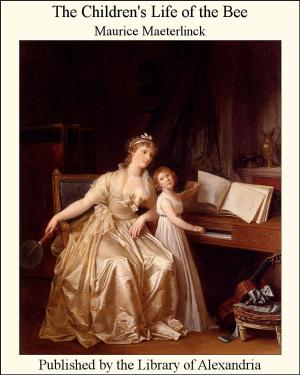Michael Faraday: Man of Science
Nonfiction, Religion & Spirituality, New Age, History, Fiction & Literature| Author: | Walter Jerrold | ISBN: | 9781465603296 |
| Publisher: | Library of Alexandria | Publication: | March 8, 2015 |
| Imprint: | Language: | English |
| Author: | Walter Jerrold |
| ISBN: | 9781465603296 |
| Publisher: | Library of Alexandria |
| Publication: | March 8, 2015 |
| Imprint: | |
| Language: | English |
Among those of our great men who, born in humble circumstances and unfurnished with the benefits of early education, have yet secured for themselves honourable positions in the history of the world's progress, Michael Faraday holds a remarkable place. Born the son of a journeyman blacksmith, Michael yet gained for himself a conspicuous position among the very first scientists of his day, and at the time of his death was acknowledged as one of the leading philosophers—electricians—chemists—of this nineteenth century. Our interest in a great man makes us always interested also in his family—we become anxious to know who and what he was apart from that which has made him great. Who were his parents? from where did they come? what were they like? what did they do? and a number of similar questions are at once started as soon as we commence considering the lives of our "great and good." In the case of Faraday we have only scanty information as to his family, but thus much we have gleaned:— During the whole of last century there was living in or near the village of Clapham, in Yorkshire, a family of the name of Faraday. Between the years 1708 and 1730 the Clapham parish register shows us that "Richard ffaraday, stonemason, tiler, and separatist," recorded the births of ten children, and it is probable that he had in his large family yet another son, Robert. Whether, however, Robert was his son or only his nephew is a matter of doubt, but it is known of him that he married Elizabeth Dean, the possessor of a small though comfortable house called Clapham Wood Hall, and that he was the father of ten children, one of whom, James, was born in 1761, and became the father of Michael Faraday.
Among those of our great men who, born in humble circumstances and unfurnished with the benefits of early education, have yet secured for themselves honourable positions in the history of the world's progress, Michael Faraday holds a remarkable place. Born the son of a journeyman blacksmith, Michael yet gained for himself a conspicuous position among the very first scientists of his day, and at the time of his death was acknowledged as one of the leading philosophers—electricians—chemists—of this nineteenth century. Our interest in a great man makes us always interested also in his family—we become anxious to know who and what he was apart from that which has made him great. Who were his parents? from where did they come? what were they like? what did they do? and a number of similar questions are at once started as soon as we commence considering the lives of our "great and good." In the case of Faraday we have only scanty information as to his family, but thus much we have gleaned:— During the whole of last century there was living in or near the village of Clapham, in Yorkshire, a family of the name of Faraday. Between the years 1708 and 1730 the Clapham parish register shows us that "Richard ffaraday, stonemason, tiler, and separatist," recorded the births of ten children, and it is probable that he had in his large family yet another son, Robert. Whether, however, Robert was his son or only his nephew is a matter of doubt, but it is known of him that he married Elizabeth Dean, the possessor of a small though comfortable house called Clapham Wood Hall, and that he was the father of ten children, one of whom, James, was born in 1761, and became the father of Michael Faraday.

